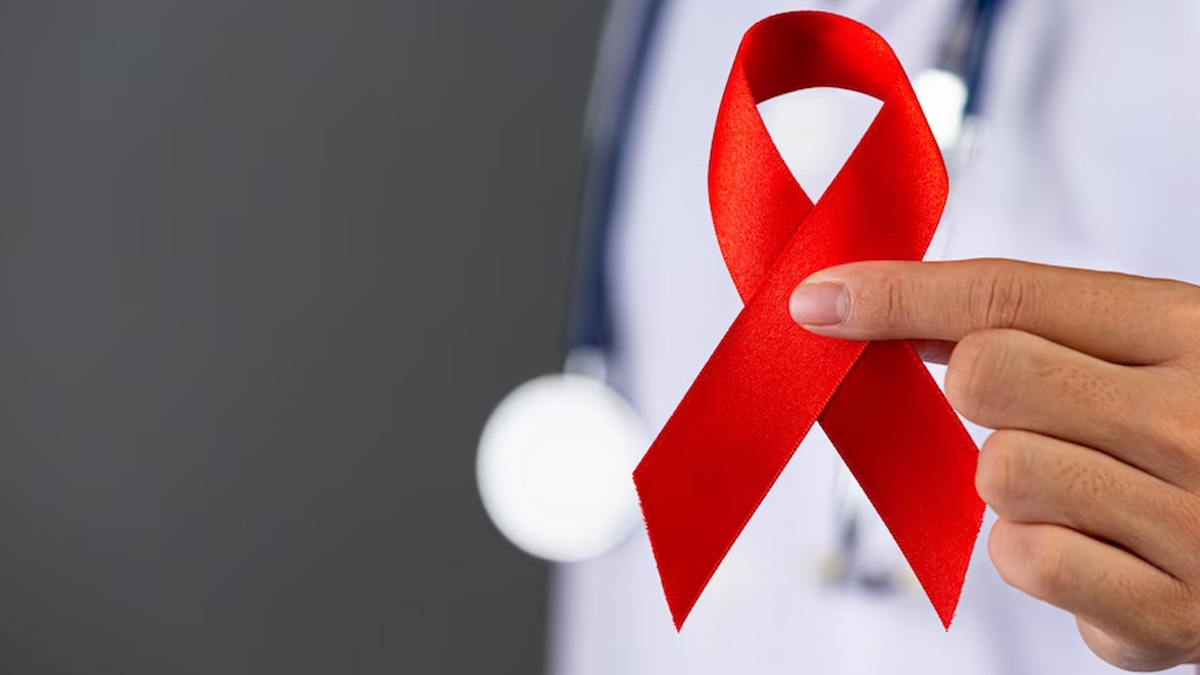
World AIDS day, observed every year on 1st December, is a crucial moment for reflection and action in the global fight against HIV/aids. As we unite to raise awareness and support those affected, it is imperative to understand how HIV can be prevented from progressing into aids. Yes, by taking the right steps, it is possible to prevent HIV from developing into AIDS. This article explores key strategies and advancements in science, as shared by Dr Parinita Kaur Senior, Consultant- Internal Medicine, Aakash Healthcare, Dwarka, New Delhi that play a pivotal role in halting the progression of HIV, ultimately paving the way for a healthier future.
1. Early detection and testing of HIV
“Timely detection of HIV is the first line of defence,” quotes Dr Kaur. Regular testing is essential for individuals at risk, as early diagnosis allows for prompt initiation of antiretroviral therapy (art). ART helps control the virus, maintaining a healthy immune system and preventing the onset of aids.

2. Accessible healthcare
Ensuring access to healthcare services, including HIV testing and treatment, is paramount. Dr Kaur highlights, “Community-based initiatives and outreach programs play a crucial role in reaching vulnerable populations and providing education, testing, and support.”
Also Read: 5 Ways To Stay Healthy As An HIV-Positive Person
3. Antiretroviral Therapy (ART)
Art has revolutionised the management of HIV. By suppressing viral replication, art not only improves the health of those living with HIV but also significantly reduces the risk of progression to aids. Adherence to prescribed medication is key to its effectiveness.
4. Safe practices and prevention
Talking about HIV/AIDS prevention, Dr Kaur shares that prevention remains a cornerstone in the battle against HIV/aids. Promoting safe practices, such as condom use, needle exchange programs for intravenous drug users, and pre-exposure prophylaxis (prep) for high-risk individuals, helps prevent the transmission of the virus.

5. Education and awareness
Knowledge is a powerful tool in the fight against HIV/aids. “Comprehensive sex education and awareness campaigns dispel myths, reduce stigma, and encourage responsible behaviour. Informed individuals are more likely to make choices that protect themselves and others,” suggests Dr Kaur.
6. Eliminating stigma
Stigma remains a significant barrier to HIV prevention and treatment. World aids day serves as a reminder to challenge stereotypes and prejudices associated with the virus. Creating a supportive environment encourages individuals to seek testing and treatment without fear of judgement.
Also Read: 5 Bizarre Myths About HIV That Needs To Be Busted
7. Global collaboration
“Hiv/aids know no borders and a coordinated global effort is essential. Collaborations between governments, non-governmental organisations, healthcare providers, and communities are crucial to ensuring that resources, knowledge, and support are readily available worldwide,” shares Dr Kaur.
8. Research and innovation
Advancements in medical research continue to drive progress in HIV/aids prevention. Ongoing research aims to develop new treatment modalities, vaccines, and strategies to enhance prevention efforts. Supporting research initiatives is vital for the future eradication of HIV/aids.
Summing up, world aids day is a poignant reminder of the progress made and the work that lies ahead in the fight against HIV/aids. By focusing on early detection, accessible healthcare, antiretroviral therapy, safe practices, education, stigma elimination, global collaboration, and continued research, we can collectively prevent the progression of HIV to aids. Let us stand together in solidarity to create a world where no one has to face the devastating impact of aids.







